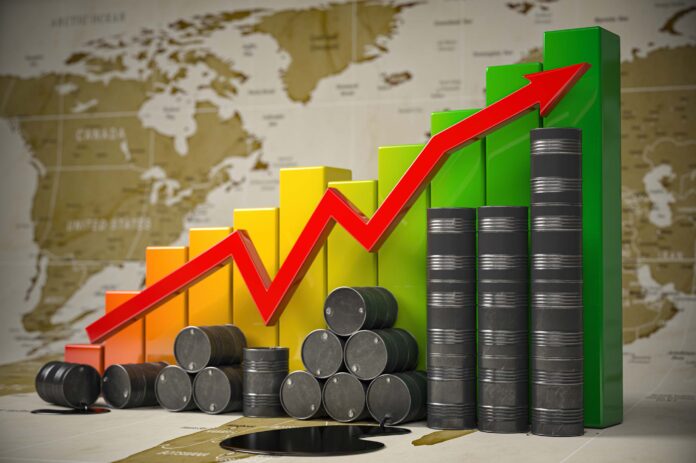The Petroleum Division has moved forward with a proposal to impose a Rs2.50 per litre carbon levy on key petroleum products, including petrol, diesel, and furnace oil, aiming to generate substantial revenue and support climate change initiatives, according to media reports.
A summary has been sent to the Cabinet Committee for Disposal of Legislative Cases (CCLC), seeking approval for a carbon levy to be implemented by the end of June for the fiscal year 2025-26. The levy is being introduced in line with Pakistan’s commitment to its agreement with the International Monetary Fund (IMF), which has provided Pakistan with $1.3 billion under the Resilience and Sustainability Facility (RSF) to help address climate change challenges.
The carbon levy will increase to Rs5 per litre on these petroleum products in FY27.
The revenue generated from this levy is expected to reach Rs6-7 billion per month in the initial phase, with projections to rise to Rs12-14 billion per month once the levy increases. This revenue could be directed towards reducing CO2 emissions by incentivizing the uptake of electric vehicles, with a target of achieving 30% penetration of new passenger EV sales and 50% for two- and three-wheelers by 2030.
On the other hand, the government’s recent decisions on petroleum pricing have already resulted in increased petroleum levies. The Petroleum Levy (PL) has been raised from Rs60 per litre to Rs70 and then further to Rs78 per litre on petrol and Rs77 on diesel. These increases aim to support power sector subsidies and efforts to reduce Pakistan’s circular debt, which has reached significant levels.
The proposed carbon levy and ongoing adjustments to other taxes are part of Pakistan’s broader fiscal strategy, which includes a 3-5% General Sales Tax (GST) on petroleum products to support local refineries. These proposals have been discussed in the Economic Coordination Committee (ECC) and were ratified by the Federal Cabinet on May 20, 2025.
Meanwhile, the government has also taken steps to address the financial burden on Oil Marketing Companies (OMCs) and refineries, following the decision to exempt petroleum products from input sales tax under the Finance Act of 2024-25. This move resulted in an estimated cost of Rs34 billion for refineries and OMCs, which could not be passed on to consumers due to government-regulated petroleum pricing.
As part of ongoing fiscal reforms and efforts to meet IMF conditions, the government is also considering raising the Petroleum Development Levy (PDL) on petrol and diesel beyond Rs100 per litre starting July 2025. This increase is central to the plan to reduce the country’s circular debt and enhance non-tax revenue.




